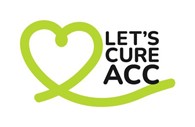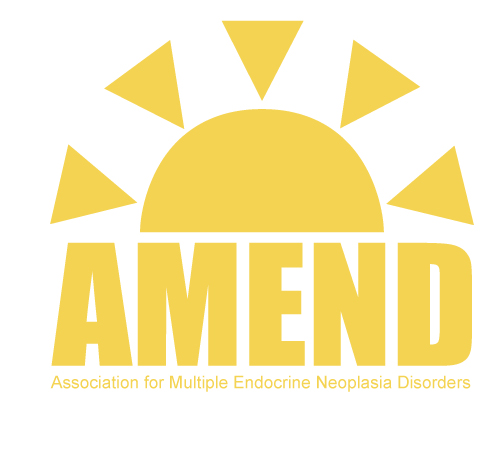Understanding adrenocortical carcinoma (ACC)
Adrenocortical carcinoma (ACC) is a rare aggressive form of cancer that grows in the outer part of the adrenal glands.1
What is Adrenocortical Carcinoma (ACC)? 1
The adrenal glands are small and shaped like a triangle. One adrenal gland sits on top of each kidney. Each adrenal gland has two parts. The outer layer of the adrenal gland is the adrenal cortex. The centre of the adrenal gland is the adrenal medulla1.
The adrenal cortex makes important hormones that1:
- Balance the water and salt in the body.
- Help keep blood pressure normal.
- Help control the body's use of protein, fat, and carbohydrates.
- Cause the body to have masculine or feminine characteristics.
Adrenocortical carcinoma is also called cancer of the adrenal cortex. A tumour of the adrenal cortex may be functioning (makes more hormones than normal) or nonfunctioning (does not make more hormones than normal). Most adrenocortical tumours are functioning. The hormones made by functioning tumours may cause certain signs or symptoms of disease.1
How common is ACC?
ACC is rare – there are only 0.7–2.0 new cases per million people each year.2
ACC can occur at any age, but it is more common in children younger than 10 years of age and in adults between 40 and 50 years. Women are more frequently affected than men.3 Family history of certain inherited diseases and having certain genes can make it more likely you will develop ACC.4
What are the symptoms of ACC?
Adrenal tumours cause symptoms in two ways5:
A functioning ACC can cause symptoms related to the overproduction of hormones.
If the adrenal tumour grows large enough, it may press on nearby organs. This pressure can cause pain or other symptoms.
Depending on the cause, symptoms of adrenocortical carcinoma may include5:
- Abdominal (belly) pain.
- Breast enlargement in boys or men (gynecomastia).
- Early puberty in boys or girls.
- Growth of excess facial or body hair in women.
- High blood pressure.
- High blood sugar.
- Weight gain in the face, neck and trunk (but not arms and legs).

How is ACC diagnosed?
ACC can be difficult to diagnose, because the symptoms are also seen in more common diseases.1
The tests used to diagnose ACC depend on the patient’s symptoms, but usually begin with a simple check of the outward signs of the disease. These can include excess hair growth and high blood pressure. More extensive tests, such as measuring the hormone levels in the blood, imaging (including CT and MRI) and a microscopic examination of gland tissue are also carried out. These tests allow the doctor to see how far the tumour has developed and how best to treat the disease.2
What treatment options are there for ACC? 1
Surgery to remove the affected adrenal gland is usually the first choice of treatment. Radiotherapy can be an option to reduce the risk of recurrence. Medical therapy can also reduce the risk of recurrence and/or help manage the symptoms such as hypercortisolism.2
If you are a patient, please contact your physician for more information.
If you are a healthcare professional from the EU, you can find further information on the treatment
guidelines for adrenocortical carcinoma here.

If you are looking for additional information or support the following patient associations will be able to help you.
HRA Pharma Rare Diseases is not responsible for the nature, content and availability of external websites
1- https://www.cancer.gov/types/adrenocortical/patient/adrenocortical-treatment-pdq#:~:text=and%20treatment%20options.-,Adrenocortical%20carcinoma%20is%20a%20rare%20disease%20in%20which%20malignant%20(cancer,adrenal%20gland%20has%20two%20parts. (last access on 24/10/2023)
2- Fassnacht M et al. Eur J Endocrinol. 2018;179:G1–G46
3- Libe R et al. Front Cell Div Biol. 2015;3:45
4- Else T et al. Endocr Rev. 2014;35:282–326
5- https://my.clevelandclinic.org/health/articles/6152-adrenocortical-carcinoma (last access on 24/10/2023)



